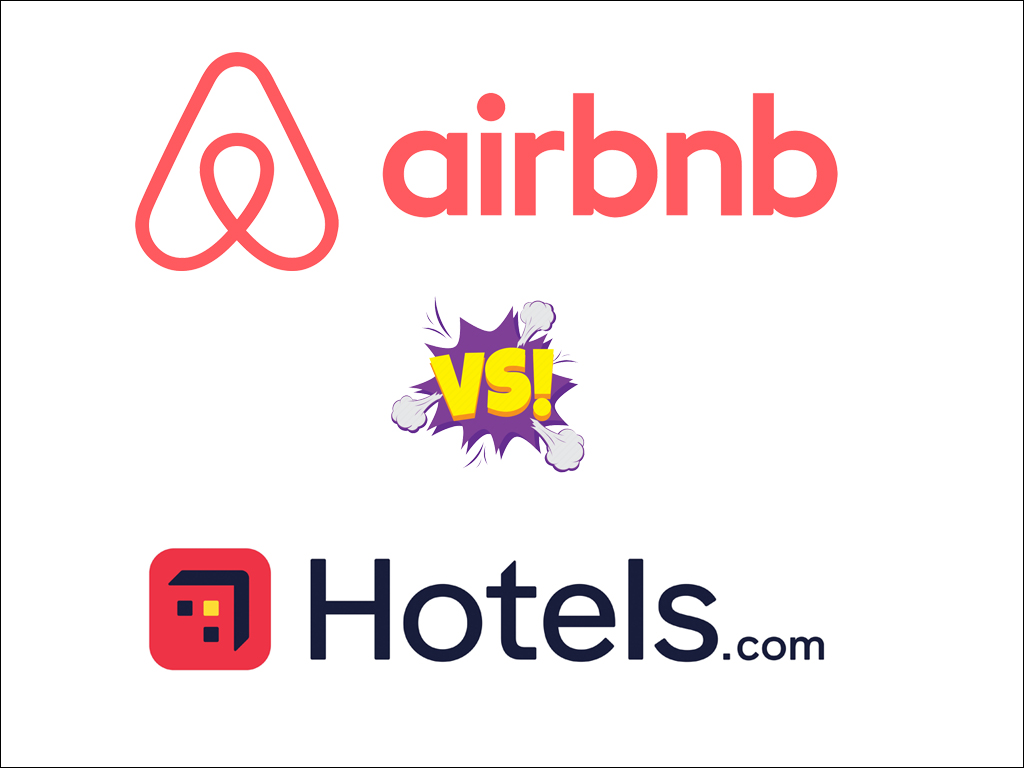Popular Technologies Transforming Finance and Insurance Industries
The Finance and Insurance industries have undergone significant transformations over the past decade, driven by advancements in technology. These innovations are not only streamlining operations but also enhancing customer experiences, improving decision-making, and enabling businesses to meet evolving consumer expectations. Let’s explore some of the most impactful technologies shaping these sectors today.
1. Artificial Intelligence (AI) and Machine Learning (ML)
AI and ML are revolutionizing how financial and insurance companies operate. They help organizations analyze vast amounts of data to identify trends, detect anomalies, and make accurate predictions.
Key Applications:
Fraud Detection: AI algorithms can identify suspicious activities in real-time, minimizing losses due to fraud.
Personalized Recommendations: Financial advisors and insurers use AI to offer tailored advice based on individual customer profiles.
Underwriting and Risk Assessment: Machine learning models analyze historical data to assess risks and automate underwriting processes.
2. Blockchain Technology
Blockchain’s decentralized and immutable nature is making waves in finance and insurance by enhancing transparency and security.
Key Applications:
Smart Contracts: These self-executing contracts automate policy claims and payouts, reducing administrative overhead.
Fraud Prevention: Blockchain’s transparent ledger helps reduce fraudulent transactions and claim duplications.
Cross-Border Transactions: Blockchain facilitates fast and secure international payments, reducing reliance on intermediaries.
3. Big Data Analytics
With the exponential growth of data, financial institutions and insurers are leveraging big data analytics to gain actionable insights.
Key Applications:
Customer Segmentation: Businesses analyze customer behavior to create targeted marketing campaigns.
Risk Management: Predictive analytics helps identify potential risks, enabling proactive measures.
Dynamic Pricing: Insurers use big data to develop pricing models based on real-time data, such as driving behavior for auto insurance.
4. Robotic Process Automation (RPA)
RPA is streamlining repetitive tasks in finance and insurance, improving efficiency and reducing errors.
Key Applications:
Claims Processing: Automating data entry and validation accelerates claims settlements.
Regulatory Compliance: RPA ensures compliance by automating reporting and audit processes.
Customer Support: Bots handle routine inquiries, freeing up human agents for more complex issues.
5. Internet of Things (IoT)
IoT devices are providing real-time data that financial and insurance companies use to improve services and manage risks.
Key Applications:
Usage-Based Insurance: Insurers leverage IoT data from wearables or connected cars to offer customized premiums.
Property Monitoring: IoT sensors help monitor insured properties for potential risks, such as fire or water damage.
Health Monitoring: Wearable devices enable health insurers to promote wellness programs and incentivize healthy behaviors.
6. Cloud Computing
Cloud computing is a cornerstone of digital transformation, offering scalability, flexibility, and cost efficiency.
Key Applications:
Data Storage and Processing: Financial institutions store and analyze vast datasets securely on the cloud.
Collaboration Tools: Cloud-based platforms enable seamless collaboration among distributed teams.
Disaster Recovery: Cloud services provide robust backup and recovery solutions, ensuring business continuity.
7. Cybersecurity Solutions
As digital transactions increase, so do cybersecurity risks. Cutting-edge technologies are helping safeguard sensitive financial and insurance data.
Key Applications:
Encryption and Tokenization: These technologies protect data during transmission and storage.
Behavioral Analytics: Monitoring user behavior helps identify and prevent cyber threats in real time.
Multi-Factor Authentication (MFA): MFA adds an extra layer of security to financial and insurance platforms.
8. RegTech (Regulatory Technology)
RegTech solutions are helping businesses navigate the complex regulatory landscape by automating compliance processes.
Key Applications:
KYC (Know Your Customer): Automated identity verification streamlines customer onboarding.
AML (Anti-Money Laundering): Advanced analytics detect suspicious transactions and ensure compliance.
Regulatory Reporting: Automated tools simplify the creation and submission of compliance reports.
Conclusion
The integration of these technologies is transforming the Finance and Insurance sectors, enabling businesses to operate more efficiently, offer innovative services, and provide enhanced customer experiences. As these industries continue to evolve, embracing these technologies will be critical to staying competitive and meeting the demands of a digital-first world.
Whether you’re a consumer or a business owner, understanding these advancements can help you make informed decisions and take full advantage of the innovations shaping the future of finance and insurance.



